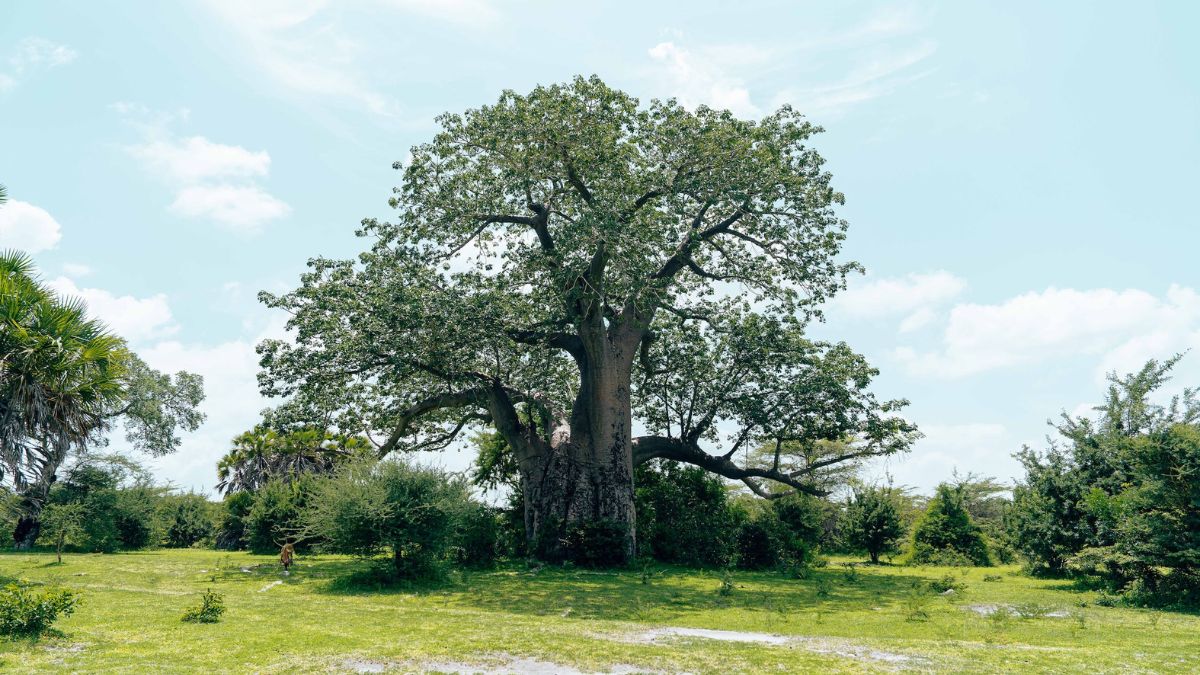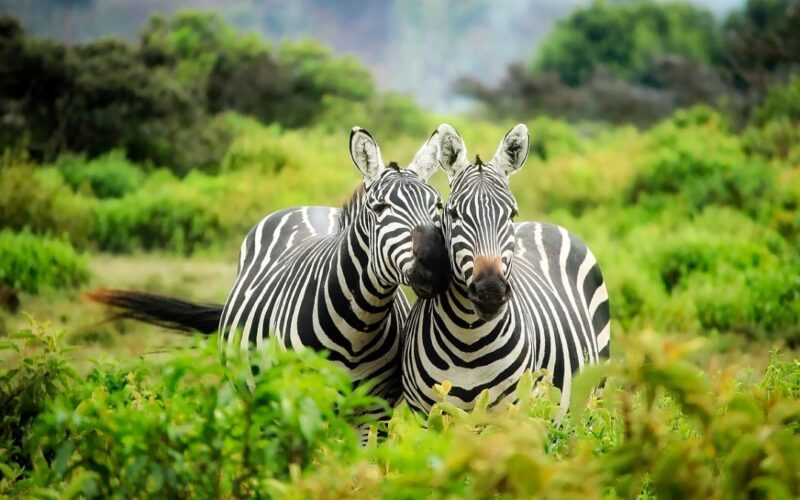Africa is a continent rich in history, diversity, and fascinating facts that often go unnoticed. Beyond its renowned landmarks and well-known stories, here are ten lesser-known yet captivating facts about Africa, accompanied by additional insights that shed light on its diversity and significance:
The World’s Oldest University
Africa is home to the world’s oldest degree-granting university. Established in 859 AD, the University of al-Qarawiyyin in Fez, Morocco, holds the title of the oldest existing, continually operating educational institution.
Insight: This university was founded by a Muslim woman named Fatima al-Fihri, highlighting the historical contributions of women to education in Africa.
Lake Malawi’s Biodiversity
Lake Malawi, also known as Lake Nyasa, is renowned not only for its vast size but also for its incredible biodiversity. It’s home to more fish species than any other lake globally, boasting over 1,000 unique species of colorful cichlid fish.
Insight: This biodiversity has led scientists to study these fish to understand evolution and speciation, making Lake Malawi an important site for evolutionary biology research.
The Great Green Wall
A colossal environmental initiative, the Great Green Wall, aims to combat desertification by planting a wall of trees across Africa. Stretching over 8,000 kilometers across the continent from Senegal in the west to Djibouti in the east, this project aims to restore degraded lands and provide economic opportunities.
Insight: This project not only addresses environmental issues but also offers employment to local communities and helps mitigate the effects of climate change.
Ethiopia’s Unique Calendar
Ethiopia follows its own calendar system, known as the Ethiopian calendar or Ge’ez calendar. It consists of 13 months, with 12 months of 30 days each and a 13th month (Pagumē) of either five or six days, depending on whether it’s a leap year.
Insight: The Ethiopian New Year, known as Enkutatash, occurs on September 11 or 12, marking the end of the rainy season and the start of spring.
The Sahara’s Ancient Art
Hidden in the Sahara Desert are prehistoric rock art and engravings, some dating back over 9,000 years. These remarkable artworks depict scenes of ancient life, wildlife, and rituals, offering a glimpse into the region’s rich history.
Insight: These artworks serve as a crucial link to understanding the cultural and social practices of early inhabitants of the Sahara.

Baobab Trees’ Longevity
Baobab trees, often called the “tree of life,” are iconic in Africa for their unique appearance and exceptional longevity. Some baobab trees are estimated to be over 6,000 years old, making them among the oldest living organisms on Earth.
Insight: These trees hold cultural significance in many African societies, often considered sacred and associated with various legends and traditions.
The Nile River’s Length Mystery
While the Nile is commonly known as the world’s longest river, its exact length was a matter of debate for many years. Recent expeditions and technology have placed its length at approximately 6,650 kilometers (4,130 miles), solidifying its status as the longest river globally.
Insight: The Nile has been the lifeblood of ancient civilizations, playing a crucial role in the development of Egypt and neighboring regions.
Africa’s Linguistic Diversity
Africa is incredibly linguistically diverse, with over 2,000 different languages spoken across the continent. Nigeria alone is home to more than 500 languages, highlighting the richness and complexity of African linguistic heritage.
Insight: Language diversity reflects the cultural richness of Africa, emphasizing the importance of preserving indigenous languages and cultural identities.
Zimbabwe’s Ancient City
The ancient city of Great Zimbabwe, built between the 11th and 15th centuries, was once the capital of a thriving empire. Its impressive stone structures, including walls, towers, and a royal palace, attest to the sophisticated architectural and engineering skills of its inhabitants.
Insight: Great Zimbabwe challenges historical misconceptions about Africa, showcasing its rich history of complex societies and achievements.
Madagascar’s Unique Flora and Fauna
Madagascar, the world’s fourth-largest island, is renowned for its incredible biodiversity. Around 90% of its wildlife is found nowhere else on Earth, including iconic lemurs, baobab trees, and a myriad of unique plant species.
Insight: The isolation of Madagascar led to the evolution of distinct ecosystems and species, making it a biodiversity hotspot and a priority for conservation efforts.
Africa‘s depth of history, diversity, and natural wonders often surprises and captivates. Exploring these lesser-known facts not only unveils the continent’s richness but also highlights the importance of preserving its heritage and ecosystems for future generations.










